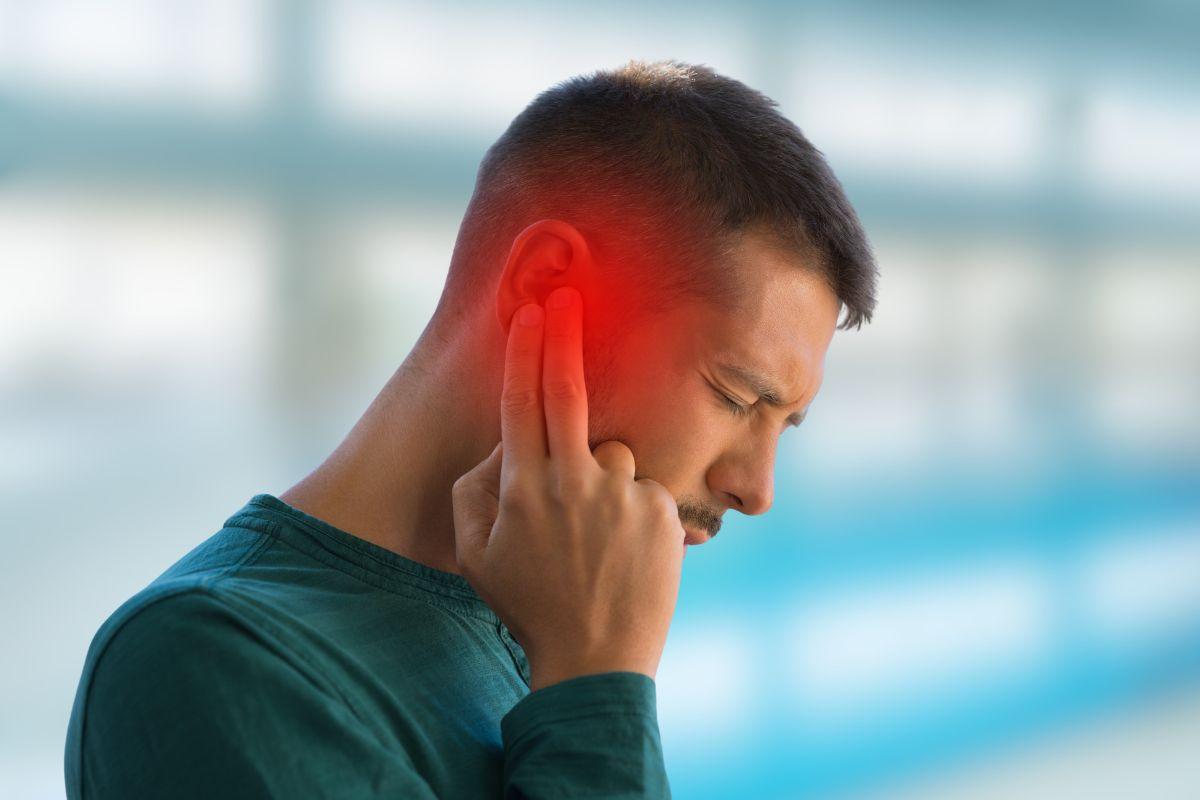Diving is a fantastic way to see the underwater world, but the changes in pressure can really hurt your ears. Ear barotrauma is an injury that happens when the pressure in the middle part of your ear doesn’t match the pressure in the water around you. To have safe and comfortable dives, you need to take care of your ears. ENT (Ear, Nose, and Throat) specialists can help if you’re having symptoms or want personalized advice. You can also find trusted doctors with verified reviews on Doctify.
Diving and barotrauma: What you need to know
When you descend during a dive, the pressure of the water around you increases. The eustachian tube is a small canal that connects the back of your nose to the middle part of your ear. Normally, air flows through it to equalize pressure. If this tube doesn’t open, like when the wrong technique is used or when it’s blocked, pressure builds up and can hurt the ear’s delicate structures.
Common symptoms include
- Ear fullness or “blocked” sensation
- Sharp pain or pressure
- Hearing loss or ringing in the ears (tinnitus)
- Dizziness or imbalance
If left untreated, severe cases can lead to a ruptured eardrum (tympanic membrane) or, in rare cases, an injury to the inner ear, both of which require immediate medical attention.
Why Equalising Pressure Is Important
Changes in pressure can happen very quickly, especially when divers descend. When pressure is uneven, it pulls the eardrum inward, which causes pain and can damage tissue. When going upwards trapped air can expand and make a reverse block, which can be painful and even dangerous. Using the right technique early and often helps keep the eardrum and inner ear structures safe.
Prevention Techniques for Ear Barotrauma
Equalisation Methods (be gentle- never force it):
- Valsalva manoeuvre: Close your mouth and pinch your nose. Then, gently blow to push air into the middle ear. Stop if it hurts, ascend a little and try again
- Toynbee manoeuvre: pinch your nose and swallow to open the eustachian tube
- Frenzel manoeuvre: with your nose pinched, use your throat/tongue muscles (not your chest) to put pressure on the middle ear. Many divers find that this works well at depth
Descent and Ascent Practices
- Equalise early and often: start on the surface, then every 0.5 to 1 metre on the way down
- Go feet-first and descend slowly to make equalisation easier
- If you can’t clear, stop, ascend lightly, and retry. Never push through pain
- Ascend slowly to avoid reverse block. If you feel pressure on the way up, swallow or gently move your jaw
Pre-Dive Preparation
- Skip diving if congested or unwell (colds, sinus issues, hay fever flare)
- Stay hydrated and well-rested. Dry mucosa and tiredness can make it harder to clear
- Some divers find that rinsing their noses with saline before diving helps. Decongestants or non-drowsy antihistamines should only be used if recommended by a doctor who understands diving medicine
Treatment for Diving-Related Ear Pain
- Immediate self-care: stop diving, rest and avoid further pressure changes until symptoms settle fully
- Medical options: depending on the cause, a clinician may advise short-term decongestant, pain relief, or (if an infection develops) antibiotics
- Seek urgent ENT care: If you have severe or worsening pain, bloody or clear discharge, persistent hearing loss, spinning vertigo, or if you think your eardrum has been pierced
You can use Doctify to find ENT specialists experienced in diving-related injuries for targeted care and a safe return to the water
When to Avoid Diving
- Cold, flu, sinus congestion, or active ear infection.
- Recent ear surgery or unresolved ear injury.
- History of repeated barotrauma without medical review. Get professional clearance before restarting.
Role of an ENT Specialist
- Diagnose the problem (e.g., middle ear-barotrauma, eardrum perforation, inner ear involvement) and rule out infection
- Tailor equalisation strategies to your body and needs. Some people may benefit from specific manoeuvre coaching
- Treat with a personalised plan (medications, recovery timeline, water-entry guidance)
- Prevent recurrence with practical advice on fitness to dive, managing allergies, and when to seek reassessment
Conclusion
Good diving technique, a steady pace, and smart decisions before the dive can help you avoid most ear problems. Equalise early and often, never dive when you’re congested, and pay attention to your body. Pain is a sign to stop, not a sign of toughness. If you do have symptoms, getting checked out right away will help you heal faster and protect your long-term hearing and balance.
Before your next dive, use Doctify to find a trusted ENT specialist who can give you personalised care. This way, you can enjoy the ocean with peace of mind.
Find the right specialist for you. Doctify uses verified reviews so you can make the best decision for your healthcare.

Find the best ENT Surgeons in the United Kingdom or search for the best specialists globally:
- ENT Surgeons in the United Arab Emirates
- ENT Surgeons in Germany
- ENT Surgeons in Austria
- ENT Surgeons in Ireland
- ENT Surgeons in Australia
Medically Reviewed
Last reviewed on 21/08/2025




